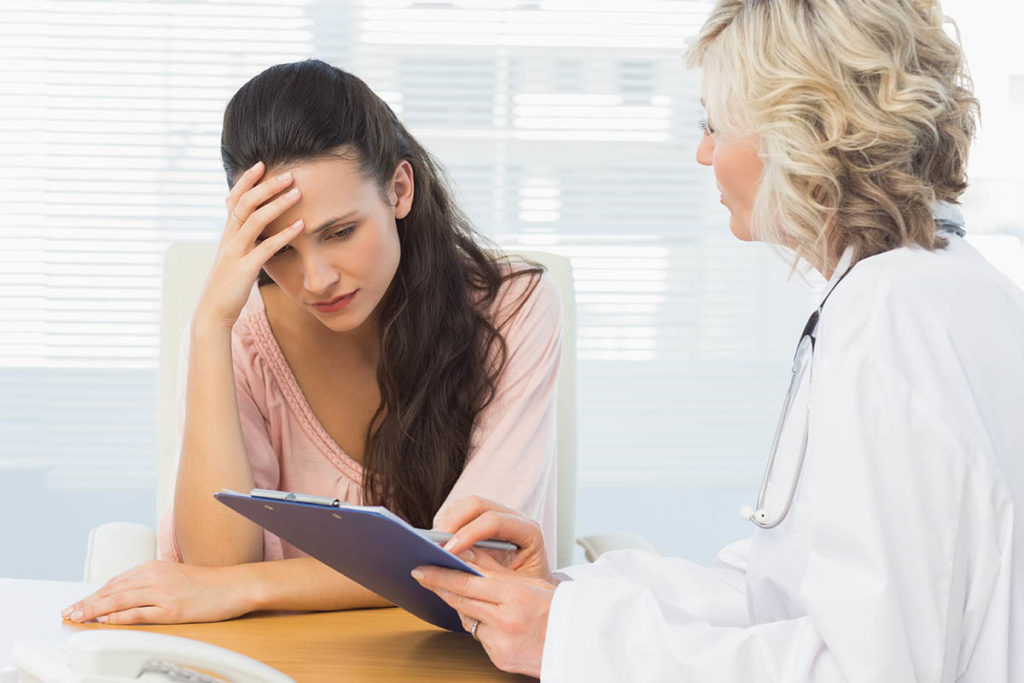Overdoses have become even more common since the introduction of potent synthetic opiates and related substances into the street drug market. People who buy drugs cut or mixed with even a tiny amount of these potent chemicals on the street can overdose. Tragically, these drugs are responsible for the increase in overdose fatalities.
If you or someone you care about is struggling with drug abuse, dependence, or addiction, we encourage you to reach out to the professionals at DetoxLA at 818.616.7341 to learn more about our drug detox program. Reach out today for more information about how you can begin your path toward lasting recovery.
Common Signs of Drug Dependency
Drug dependence and addiction come in many forms. Someone with a dependence on their drug of choice may show signs that they are developing an addiction. Physical and psychological dependence are two signs of a habit being formed. Once tolerance is formed, a person will experience withdrawal symptoms if they do not maintain the same level of use or increase their use.
Differences Between Dependence and Addiction
The terms dependence and addiction are often mistakenly used interchangeably. It is possible to have an addiction without having physical or psychological dependence. Addiction can involve negative consequences, such as using drugs recklessly or neglecting responsibilities due to drug or alcohol abuse but without having a dependence on these substances.
Dependence includes symptoms of addiction. Once a person’s body and mind adapt to the regular introduction of certain chemicals and substances, they begin to form tolerance. This tolerance leads a person to need more and more of a substance to continue feeling the desired euphoric effects. Once dependence has been formed, a person is likely to experience withdrawal symptoms when they use less of a substance than usual or attempt to cease use.
Symptoms of an Opioid Overdose
It’s important to be aware of the symptoms of an overdose to know when you need to take action and contact emergency medical services to prevent negative consequences, including the potential for death.
Signs and symptoms of an opioid overdose can include:
- Disorientation
- Confusion
- Hallucinations
- Weakness in extremities
- Lips and fingernails turning a bluish color
- Shallow breathing
- Gurgling sounds
- Unresponsiveness
- Weak pulse
It’s essential to remember that signs and symptoms of overdose can vary based on the substances a person has been abusing. There is often a focus on opioid-related overdoses because they have been recognized as a national epidemic.
Emergency Protocols for an Opioid Overdose
- Call 911 and ask emergency responders to bring more doses of naloxone.
- Try to engage the person who appears to have overdosed. If they remain conscious, try to keep them awake and talking.
- In an emergency, if you believe someone has overdosed on fentanyl or other opiates, attempt to use Narcan (naloxone) to save their life.
- When administering the spray form of naloxone, spray once in each nostril of the person. Rub the person’s chest to promote breathing and blood flow throughout their body.
- Once emergency services arrive, allow them to take over the situation.
Risk Factors for Opioid Overdoses
Many factors can increase the chances of an overdose. These include increasing the amount of a used substance and mixing substances. Any drugs that contain fentanyl, carfentanyl, or other potent street drugs increase the likelihood of a potential overdose.
Other factors can include:
- Injecting opiates
- Mixing opiates with cocaine, alcohol, benzos, or other prescription drugs
- Prolonged use of opiates
- Physical health issues
- Mental health issues
- Recent relapse
- Using opiates or other drugs while alone
If you or someone you care about is struggling with opioid abuse, you should consider obtaining Narcan and keeping this life-saving medication on hand in case of an opioid overdose emergency. It’s essential to keep in mind that naloxone is a temporary fix. Opioid dependence, much like problems with drug addiction in general, is a sign that someone needs an intervention and can benefit from professional treatment.
Contact DetoxLA Today to Learn More about Overdose Risks
Overdoses are a disturbing risk associated with drug abuse, dependence, and addiction. If you or someone you care about abuses substances, we encourage you to seek help as soon as possible to avoid facing negative consequences. Modern street drugs are too dangerous to risk experimentation. The professionals at DetoxLA are ready to help you on your recovery journey. Our luxury detox center provides a comfortable environment to kick your habit and detox in a safe, secure, medically-supervised setting. Contact us today at 818.616.7341 to learn more about our services for lasting recovery.

